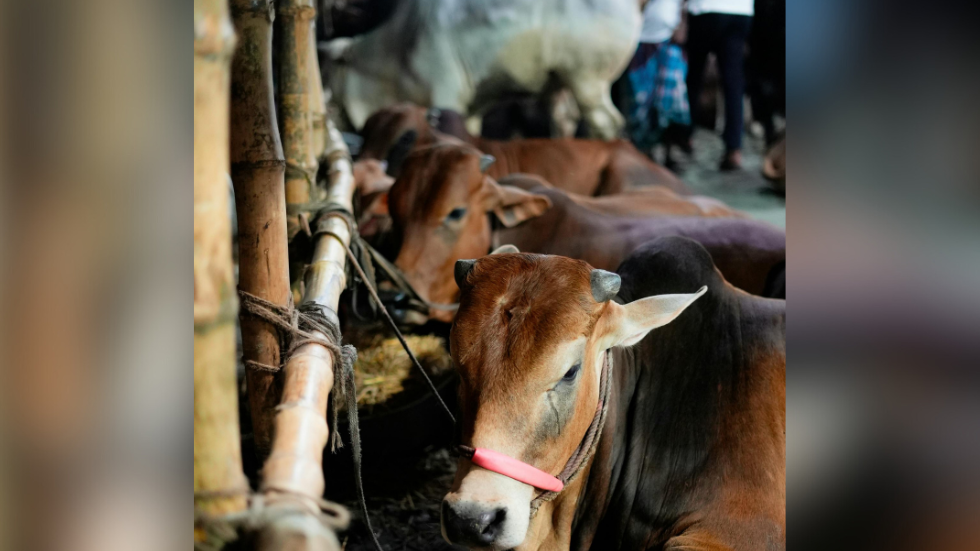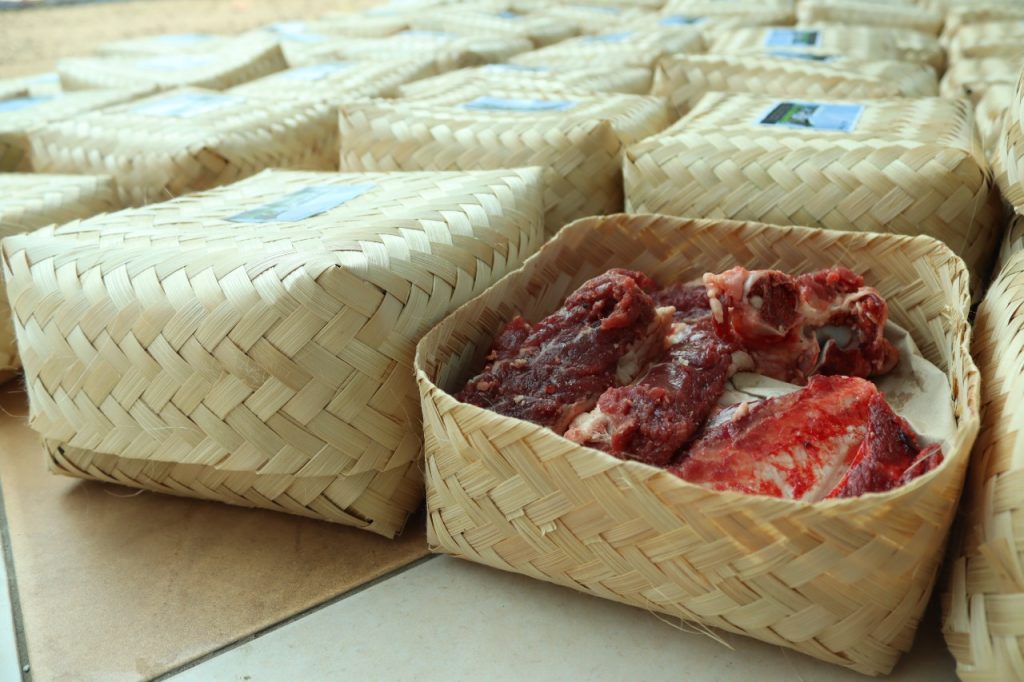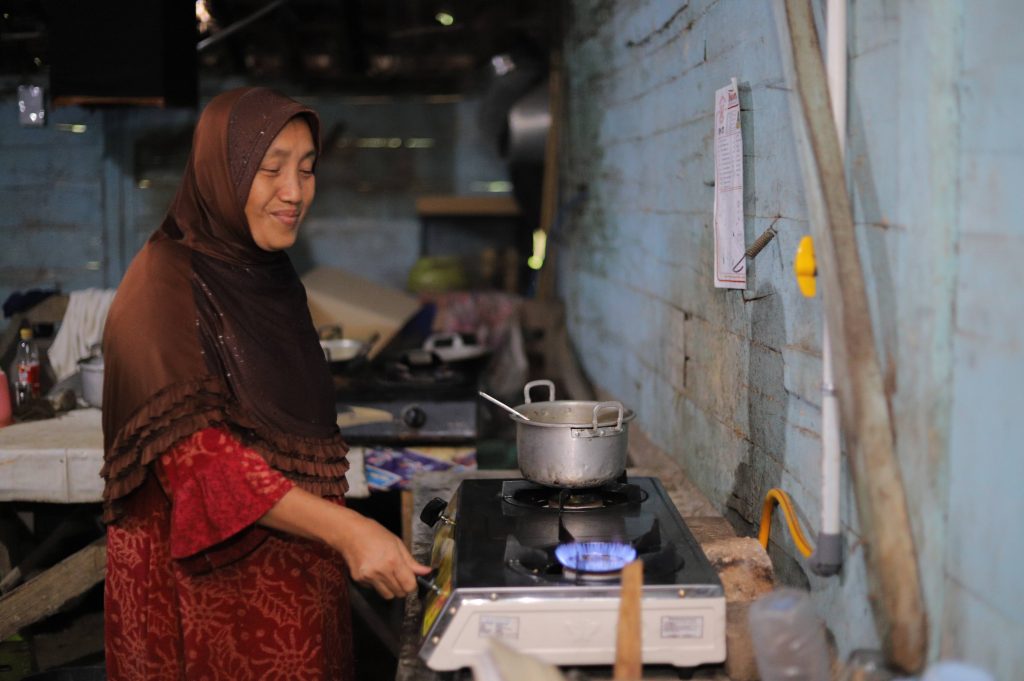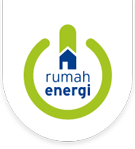Celebrate Eid al-Adha While Preserving the Environment

Every June 5, the world commemorates World Environment Day as a collective call to save the earth from the threat of ecological damage. This year, the commemoration comes close to the celebration of Eid al-Adha, a spiritual momentum for Muslims that is full of the meaning of sacrifice and care. This closeness of time seems to be a reminder that worship and environmental sustainability are not two separate things. Both can go hand in hand, strengthen each other, and reflect the essence of holistic faith—namely, obeying the Creator while caring for His creation.
Every year, millions of Muslims across Indonesia eagerly await the arrival of Eid al-Adha. Also known as the Festival of Sacrifice or Lebaran Haji, this holy occasion is not only a spiritual milestone but also an opportunity to share with others and nurture social empathy through the act of qurban (animal sacrifice). Yet behind the spirit of sacrifice and compassion lies an often-overlooked aspect: the environmental impact of qurban practices.
Waste from slaughtering, the pungent odor of blood, and the excessive use of single-use plastic bags for meat distribution have become a common sight during Eid al-Adha. Although this event occurs only once a year, its scale and volume can significantly harm the environment if not managed properly. In fact, Islam strongly upholds the principle of maintaining ecological balance. The Qur’an teaches that humans are khalifah (stewards) of the Earth, responsible for preserving the creation of Allah. Therefore, environmental values should naturally be integrated into acts of worship like qurban.

On May 30, 2025, the Ministry of Environment issued a circular urging the public to avoid using single-use plastics for distributing qurban meat. Instead, people are encouraged to use more eco-friendly alternatives such as bamboo containers (besek) or banana leaves. This call aligns with the global #BeatPlasticPollution campaign, which encourages everyone to take small but meaningful steps toward reducing plastic waste.
But environmental awareness can go beyond merely replacing containers. A more sustainable approach to qurban includes turning organic animal waste into clean energy.
Did you know that blood, rumen contents, and animal manure from qurban can be processed into biogas? Through fermentation by methanogenic bacteria, these organic materials can produce methane gas, which can be used for daily energy needs. In practice, blood and rumen waste are diluted with water into a slurry, then placed into a biogas reactor. The process takes about 5 to 8 hours before the gas can be harvested and used. Even the remaining slurry from the biogas production doesn’t go to waste—it can be repurposed as natural fertilizer to enrich soil and plants.

Imagine if, every Eid al-Adha, we could convert waste from over a million sacrificial animals into clean energy. This sacred celebration would then not only bring us closer to Allah SWT but also serve as a tangible expression of our duty to protect the Earth. Realizing this vision requires collective effort. Religious leaders, mosque committees, qurban organizers, and the wider community all need to build awareness and understanding of the importance of environmental stewardship. True worship doesn’t stop at the act of sacrifice or spiritual reflection—it is also embodied in concrete efforts to care for His creation. In this way, qurban becomes not only a gift of compassion to fellow humans but also an offering of love to the planet and all its inhabitants.
This is the essence of the Indonesia Berdaya spirit promoted by Rumah Energi—a movement that encourages energy independence, environmental awareness, and sustainability from the grassroots level. Whether it’s transforming qurban waste into biogas, replacing plastic with natural packaging, or simply spreading awareness through religious sermons and community action, each effort is a small but meaningful step toward collective sustainability and resilience.
Written by: Jenni Irene Connie
Edited by: Fauzan Ramadhan

